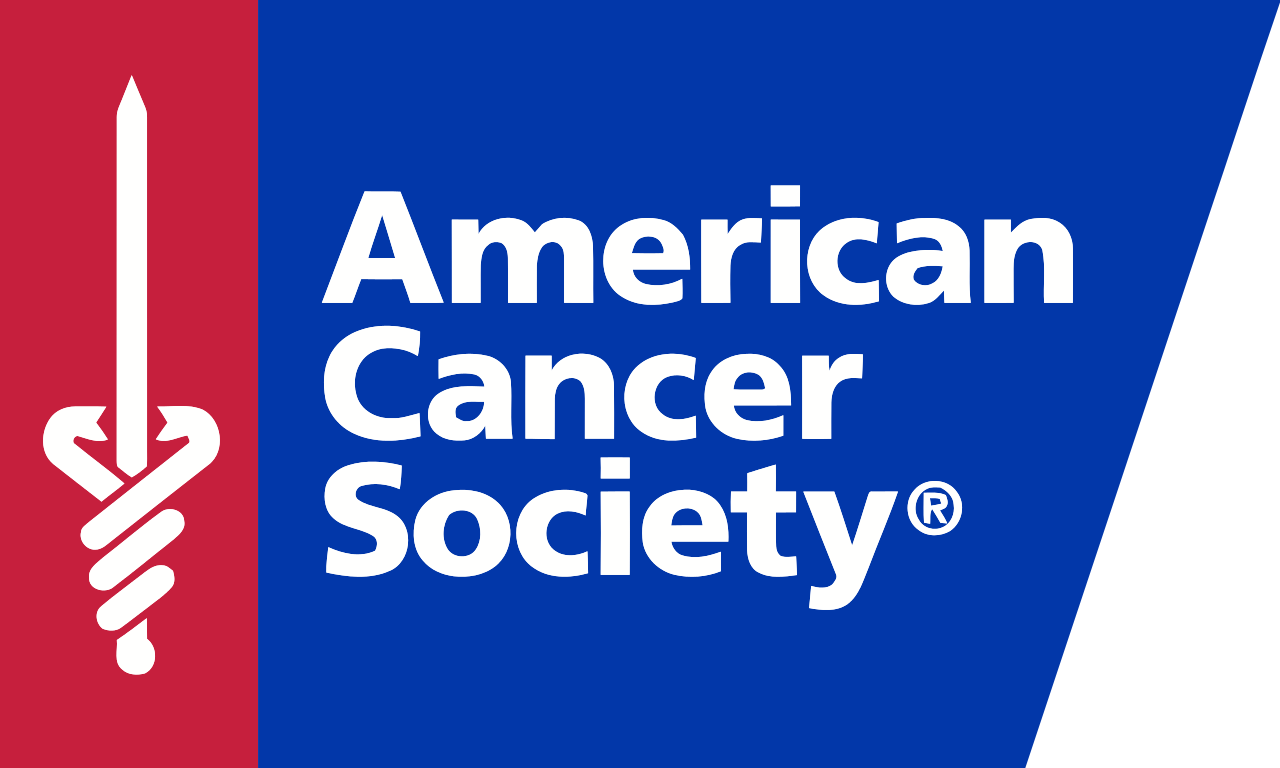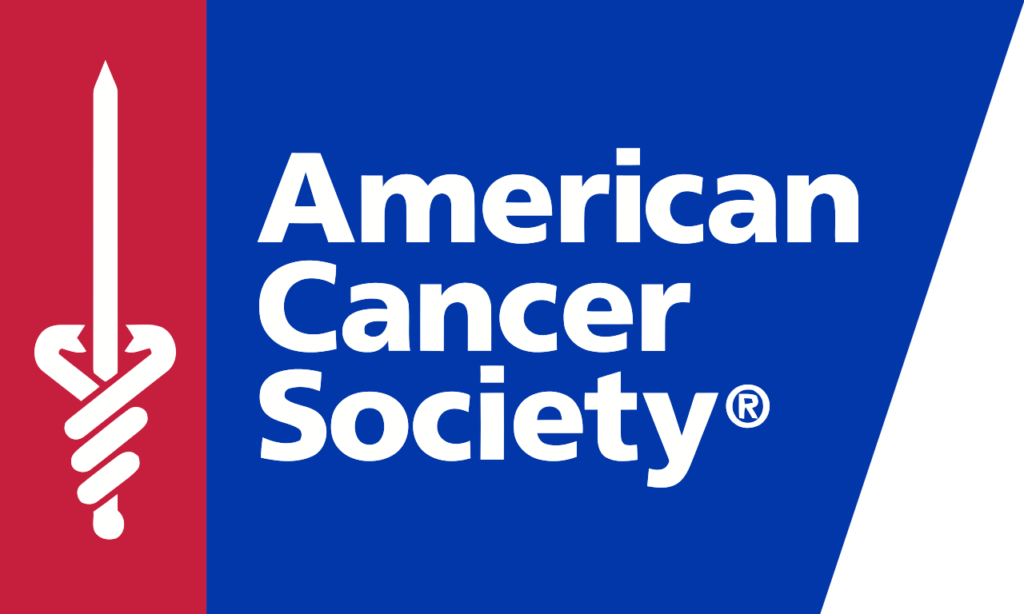
Special to The Times

March is Colon Cancer Awareness Month and the American Cancer Society has teamed with Central Alabama CEOs on the colon cancer awareness campaign, 80 percent by 2018, officially launched earlier this month on national GO BLUE for colon cancer day.
80 percent by 2018 is a nationwide movement led by the American Cancer Society, the Centers for Disease Control and the National Colorectal Cancer Roundtable (NCCRT) in which more than 2,000 organizations have committed to substantially reducing colorectal cancer as a major public health problem. The ultimate goal of this campaign is to increase the use of proven colorectal cancer screening tests for individuals age 50 and over and to help increase knowledge for individuals at high-risk. To accomplish this, the 80 percent by 2018 campaign was launched.
Focused on Central Alabama’s largest employers, the companies who will partner with the American Cancer Society to help get their employees screened as a part of the 80 percent by 2018 pledge include: AMERICAN Cast Iron Pipe Company, Blue Cross Blue Shield of Alabama, Brookwood Baptist Health, Regions, Mercedes-Benz US International, St. Vincent’s Health System, The University of Alabama at Birmingham and The City of Birmingham.
Birmingham Mayor William Bell was the first mayor in the nation to take the pledge, and many of the area CEOs have followed suit including AMERICAN Cast Iron Pipe Company’s Van Richey; Blue Cross Blue Shield of Alabama’s Terry Kellogg; Regions’ Grayson Hall; St Vincent’s Birmingham’s Evan Ray; Mercedes-Benz US International’s Jason Hoff and the University of Alabama at Birmingham’s Dr. William Ferniany, who will encourage employees to take a pledge to get screened on the website Reach80by18.com. The pledge also includes a “tell a friend” option for those under age 50.
“Currently in Birmingham, less than 60 percent of people who need to be screened are actually screened,” said American Cancer Society’s Account Manager, Julia Meyers. “We are working with Birmingham’s largest employers to increase screening rates among their eligible employees. We know colon cancer is one of the most preventable cancers, but only if people get screened. There are some rare occurrences of earlier diagnosis, but for adults who are screened, it can be caught earlier when treatment is more likely to be successful.”
Colorectal cancer is the nation’s second-leading cause of cancer-related deaths in the U.S. when men and women are combined; however, it is one of only a few cancers that can be prevented.
Through colorectal cancer screening, doctors can find and remove hidden growths (called “polyps”) in the colon, before they become cancerous. Removing polyps can prevent cancer.
The American Cancer Society is working with hundreds of organizations through a coalition called the National Colorectal Cancer Roundtable (NCCRT). These groups have the shared goal of 80 percent of adults aged 50 and older being regularly screened for colorectal cancer by 2018.
If this “80percent x 2018” initiative can be achieved by 2018, then 277,000 cases and 203,000 colorectal cancer deaths would be prevented by 2030.
“We have found that many people aren’t getting screened for colon cancer because they don’t believe they are at risk, don’t understand that there are test options or don’t think they can afford it,” said Nikki Seaborn spokesperson for the American Cancer Society.
“The truth is that simply aging puts you at greater risk for colon cancer,” said Seaborn.
Colorectal cancer in its early stages usually has no symptoms, so most everyone 50 and older should get screened. There are several screening options – even take-home options – available. Plus, many public and private insurance plans cover colorectal cancer screening and there may be local resources available to help those that are uninsured.
While colorectal cancer incidence rates have dropped in the U.S. among adults 50 and older, it is still the second leading cause of cancer death in the United States, despite being highly preventable, detectable and treatable. In fact, it is estimated that in 2017, more than 135,000 cases of colorectal cancer will be diagnosed in the U.S.
For more information or to learn about resources in your area, visit cancer.org/colon or call the American Cancer Society anytime at 1-800-227-2345.




